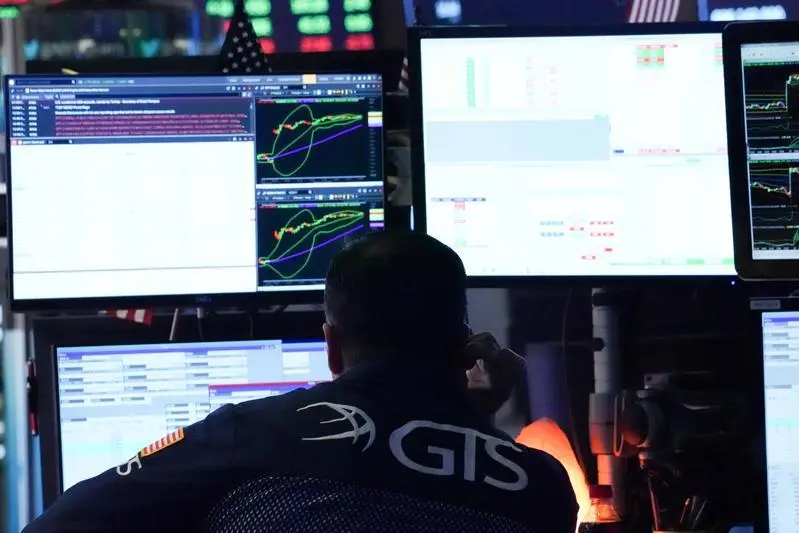PHOTO
NEW YORK - Pandemic bonds have a problem. It’s not that these securities, designed to funnel money to countries stricken by a health crisis, are tough on their investors. Instead it’s the opposite. The terms tend to be too advantageous to holders, while for the victims of pandemics, any payout may come too late. Coronavirus just shows these bonds to be the sick man of finance.
Consider one such class of bond issued in 2017 by the World Bank’s International Bank for Reconstruction and Development, recently trading at less than half its face value, according to Reuters. The intentions behind its issuance were good. Investors’ money goes to aid relief if a disease outbreak meets specific criteria, and gets repaid to them if no such event occurs. To compensate for the risk, the bonds come with high interest rates – currently close to 13%. They weren’t expected to correlate with other assets, so promised diversification.
The reality is deeply flawed. The criteria to trigger the bonds is super strict and very complex. For the higher yielding bonds, at least 250 deaths must be confirmed in the first country and 20 deaths in a second. One country must be eligible for IBRD funding, at least 12 weeks must have passed since the outbreak started, and a specific rate of transmission must be met. If the bonds were structured to be more easily triggered, the rates of interest would be prohibitively high.
So by the time the bonds are triggered – if they ever are – the money may not help much in stopping the spread of the disease. That’s a difference from many other kinds of catastrophe bond, where the focus is on helping in the aftermath rather than stopping the event in its tracks. And developing nations may be unable, or unwilling, to accurately report pandemic-related deaths. China is a case in point.
True, these bonds and other derivatives have allowed the World Bank to raise around $425 million for its pandemic emergency facility from the market. But if the money is mostly funneled back to investors – perhaps because criteria aren’t met or lawyers challenge the complex terms – this isn’t much of a bargain. Securities markets can solve many problems – but helping stop killer diseases isn’t one of them.
CONTEXT NEWS
- A so-called pandemic bond designed to give funds to countries stricken by a health crisis was trading at a steep discount as of Feb. 20, Reuters reported citing brokers. The $95 million note, issued by the International Bank for Reconstruction and Development and due to mature on July 15, was priced as low as 45 cents. A related bond was trading at close to full value, the report said.
- The IBRD, which is part of the World Bank, issued pandemic bonds in 2017 following an Ebola outbreak. Investors lose some or all of their principal if a pandemic occurs that meets certain criteria. Funds are then shifted to helping affected countries.
(Editing by John Foley and Leigh Anderson)
© Reuters News 2020




















